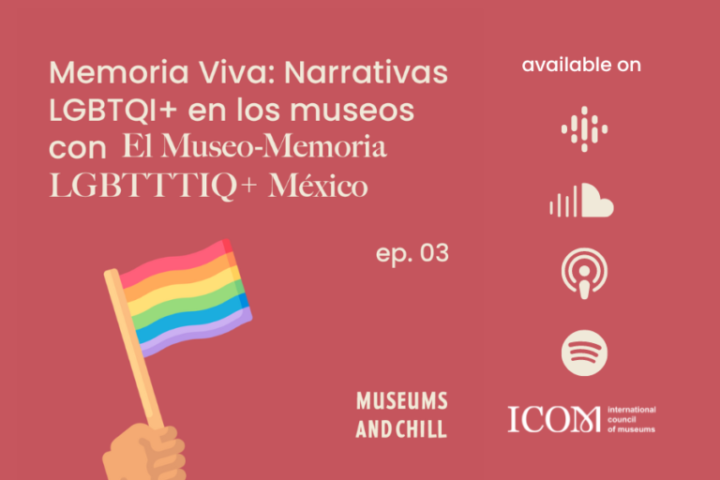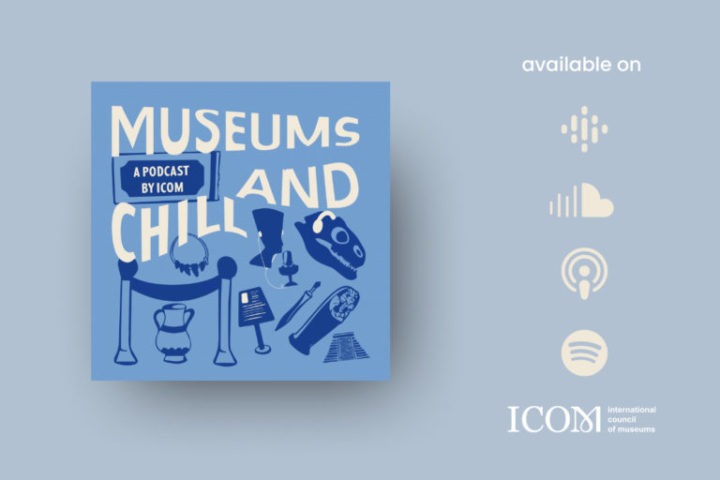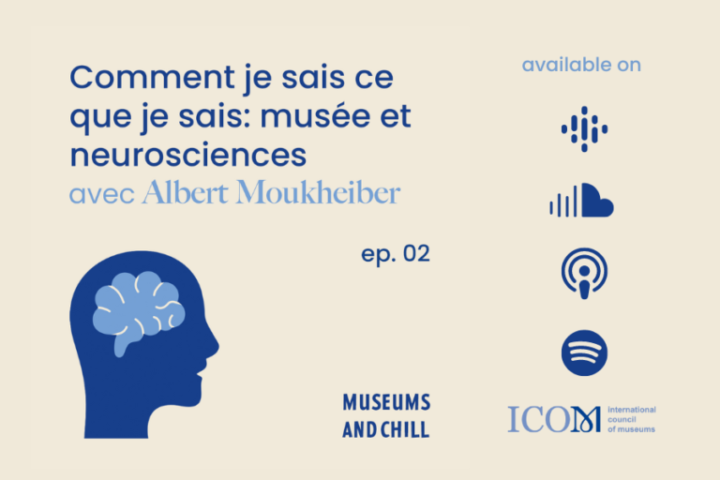Museums and Chill is available on Spotify, Google Podcasts, and Apple Podcast!
In this episode of Museums and Chill, we interview Jaime Cobian, founder of the Museo-Memoria LGBTTTIQ+ Mexico.
In this conversation, we explore the power of memory as a tool to raise awareness and promote equality in the LGBTQI+ community. Jaime shares the inspiration behind the creation of the Museum of Memory, his vision and the challenges he faced along the way.
We discover how this museum in Mexico seeks to preserve and share the stories, experiences and testimonies of the LGBTQI+ community, using objects, exhibits and different historical archives to convey the richness and diversity of these memories.
If you are passionate about history, diversity and equality, you can’t miss this eye-opening interview with Jaime Cobian, founder of Museo-Memoria LGBTTTIQ+ Mexico. Get ready to immerse yourself in the moving and powerful stories that bring LGBTQI+ memory to life.
This episode’s host
Anapaula García Soto is Communications Coordinator at the International Council of Museums. Before joining ICOM, Anapaula worked on different communication projects. She holds a B.A. on Communication and Digital Media from the Instituto Tecnológico y de Estudios Superiores de Monterrey and a Masters in Creative Project Management, Culture and Design from the Rennes School of Business and the École européenne supérieure d’art de Bretagne.
This Episode’s Guests
Jaime Cobian founder of the Museum of LGBTTTIQ+ Memory in Mexico, that seeks to connect new generations with the personal and collective past of diverse gender populations, with the aim of knowing, conserving, preserving and transferring the daily gay, lesbian and transgender culture; through the exhibition of objects and narrative resources that recover the orthodox sense, but also iconoclastic.
Disclaimer
All opinions expressed by the podcast’s guests are so current opinions and do not reflect the opinions of The International Council Of Museums. The podcast’s guests opinions are based upon information they consider reliable, but neither ICOM nor its affiliates warrant its complete accuracy, and it should not be relied upon as such.


